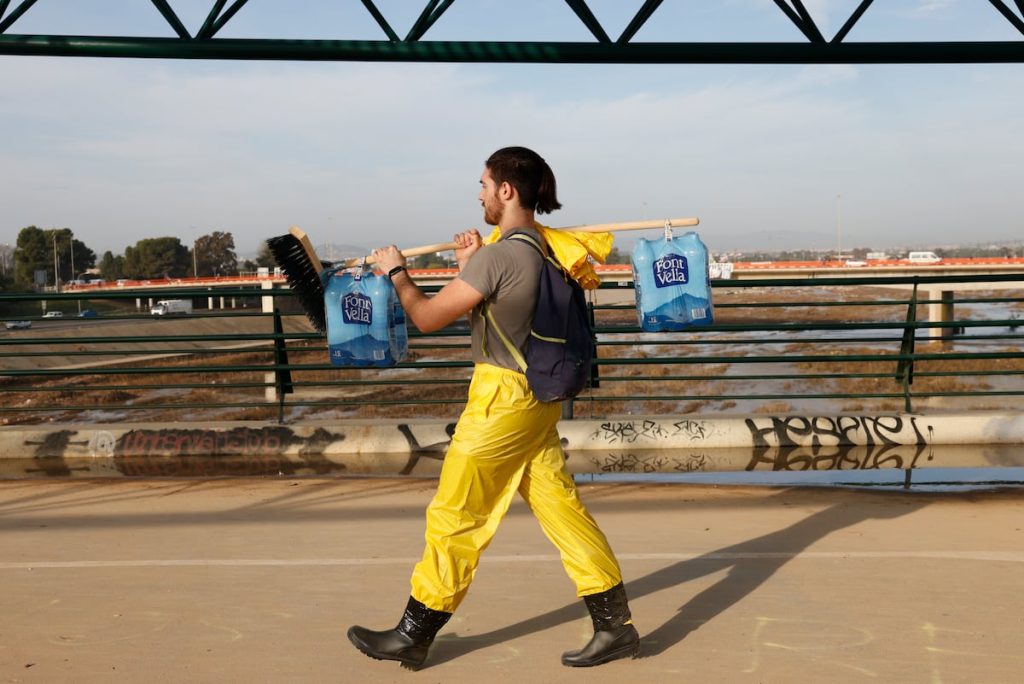Twelve days after the passage of the Dana storm through Valencia, water supply for thousands of residents in the province continues to be a problem. Data updated by the Ministry for Ecological Transition and the Demographic Challenge indicates that in five municipalities out of the 78 affected, tap water is still not drinkable, and residents in another 60 localities are advised to boil water before consumption. Additionally, there are 7,000 households still without any water supply in their homes. The initial days after the catastrophe saw 600,000 families without water in their houses. However, the President of Valencia, Carlos Mazón, has stated that the data is not correct, emphasizing that there are currently no official recommendations to boil water. Health authorities recommend using bottled water for drinking and cooking in affected areas, but the Ministry does not specify the exact municipalities with water issues, deferring to the Valencian Health Council.
The Valencia government does not acknowledge the information provided by the central government, stating that it is the responsibility of local municipalities to notify residents about the safety of their water supply. Despite not detailing the affected locations, a specific area mentioned is the El Bosque urbanization, a residential complex in Chiva. Residents in this area, which suffered water shortages, mention that they use tap water cautiously, heating it extensively before use. While the Ministry report highlighted this location as an example of water supply issues, the Valencian Health Council assures that water is available throughout El Bosque. They mention that the situation is continually changing, with data being updated daily.
In other areas like Paiporta, residents on Joan Baptista Basset Street have relied on donated bottled water due to the lack of potable tap water. Some households cannot boil water as they do not have access to gas, resorting to packaged food and bottled water even for basic activities like brushing teeth. The ministry predicts a return to normal water supply in about 10 days, as the focus shifts from repairing water networks to fixing building damages. Water samples are continuously being collected and analyzed, including seawater, by a ship from the CSIC to ensure water safety.
Efforts from security forces, volunteers, and residents continue to clear the streets of affected municipalities, which were left covered in mud and debris after the storm. The estimated cost of repairing damages to the water and sewage networks amounts to 331 million euros. With millions of cubic meters of waste accumulated, designated areas near Picassent, Montserrat, Xiva, Cheste, and Godelleta have been identified for waste disposal. Special attention is given to depositing waste in locations close to the disaster zone to expedite cleanup efforts. The contaminated waste must be dealt with separately to ensure safe disposal.


